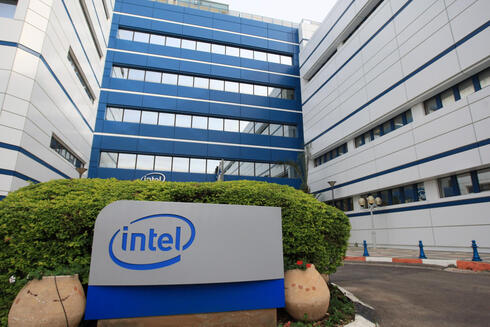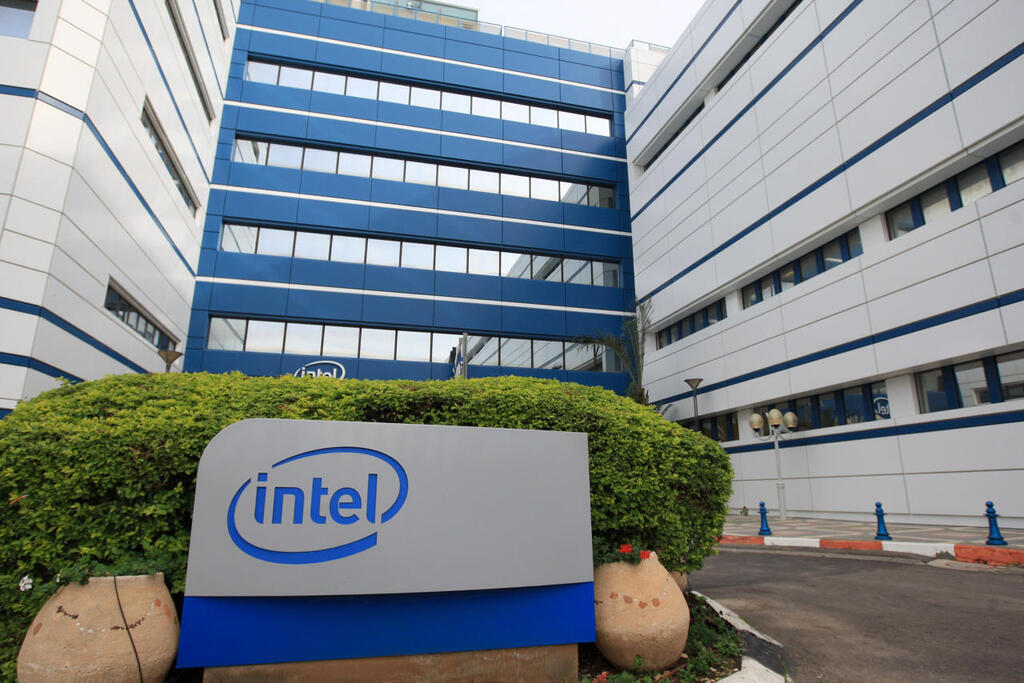
Analysis
Intel investment comes at a hefty price for Israel
The construction grant of over $3 billion is double the amount pledged by Netanyahu in 2014 for the previous expansion of the Intel plant
It is challenging to assess the economic viability of the new-old deal between Israel and chip giant Intel for the expansion of the factory in Kiryat Gat. Several factors contribute to this difficulty. Firstly, the Ministry of Finance is withholding the numbers from the public, leaving taxpayers unaware of the financial implications. Secondly, evaluating the indirect benefits of the deal is complex. While it is easier to determine the fiscal impact in terms of money entering the public coffers, assessing the added value of each Intel employee who establishes a startup and contributes to the state's revenue is more challenging.
The due diligence for the deal was conducted by treasury officials, providing reassurance given their professional expertise. This is also the reason why Prime Minister Benjamin Netanyahu, Finance Minister Bezalel Smotrich, and Yogev Gordus, the head of the Budgets Division, made sure to emphasize their presence in the deal by announcing it on Sunday.
Upon examining the numbers, it becomes evident that this deal comes at a significant cost. According to the ministry, Intel has committed to investing an additional $15 billion in the plant, taking the cost to a total of $25 billion. The construction grant Intel will receive from the country exceeds 12%, and is double the amount pledged by Netanyahu in 2014 for the previous expansion of the Intel plant. The grant, totaling over NIS 11 billion (approximately $3 billion), may also include a "premium" to account for the increased risk presented by the judicial coup, which poses a significant threat to Israel's economy according to the IMF. The urgency in finalizing the deal may stem from the desire to mitigate potential losses and achieve a noteworthy accomplishment to bolster the failing government's popularity.
The new plant is projected to employ 6,000 workers, making the cost of creating a job exceed NIS 1.8 million ($500,000) per employee. This is a significant sum that also doesn't include the corporate tax benefit, which is difficult to accurately measure and continues to erode the Israeli tax system. A significant portion of tax benefits under the law to encourage capital investments goes to the top decile of companies, including Intel. In 2018, over 50% of these benefits went to just 13 companies. Despite government policies to increase effective taxes for these privileged companies, their effective tax rate remains around 8%, meaning the 7.5% corporate tax Intel will pay instead of 5% can still be considered as a discount.
Critics argue that Israel has become dependent on Intel for over three decades without being able to reduce the reliance. The marginal employment value of Intel in 2023, in an era focused on AI, is lower than it was in 1974 when the first R&D center was established. It is noteworthy that the grant has increased at the expense of the non-transparent part, providing clarity in terms of budget allocation. From a public perspective, it would have been preferable to collect 23% tax from Intel and provide the entire benefit in the form of a grant, ensuring transparency and understanding of Intel's cost to Israel.
However, other considerations come into play. The conflict in Ukraine, and the emerging Cold War between the U.S. and China, have reshaped the geopolitical-economic landscape. The U.S. government and the European Union have implemented support programs and substantial funding for the establishment of chip factories to reduce reliance on precarious global supply chains. This intensifies the competition in attracting investment from chip giants.
The deal is likely to do little to change opinions. Those who believe that partnering with Intel is a strategic investment are happy about the news and those who believe that Israel should have cut the umbilical cord from Intel a long time ago, believe that it is an uneconomic investment.














